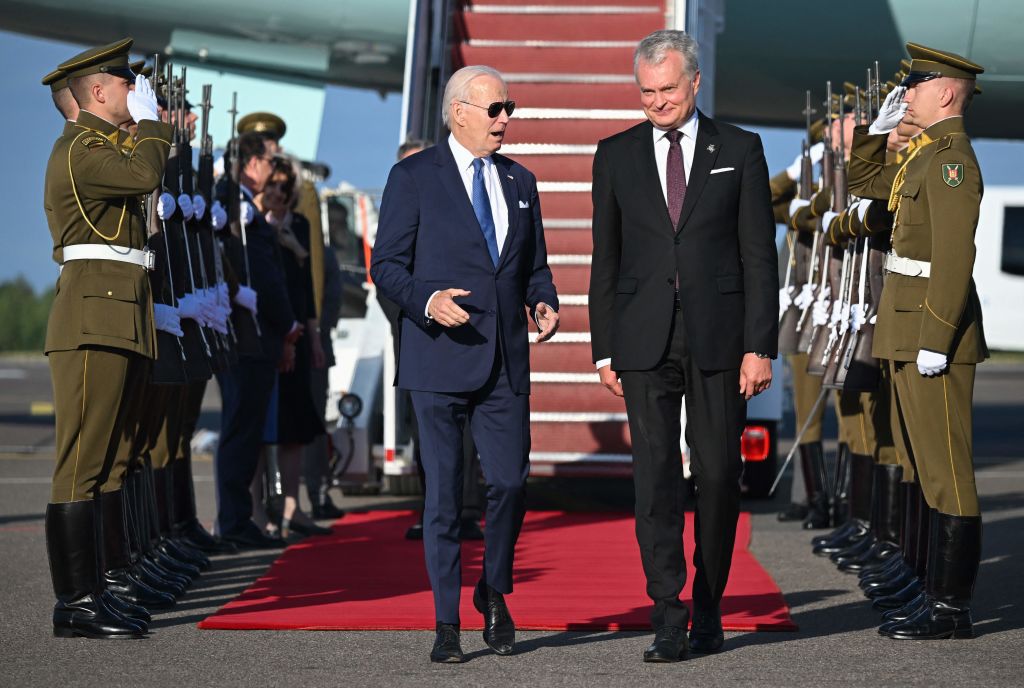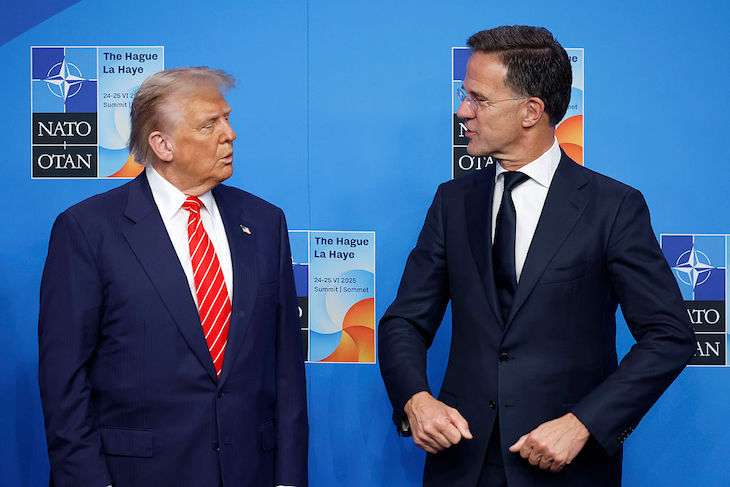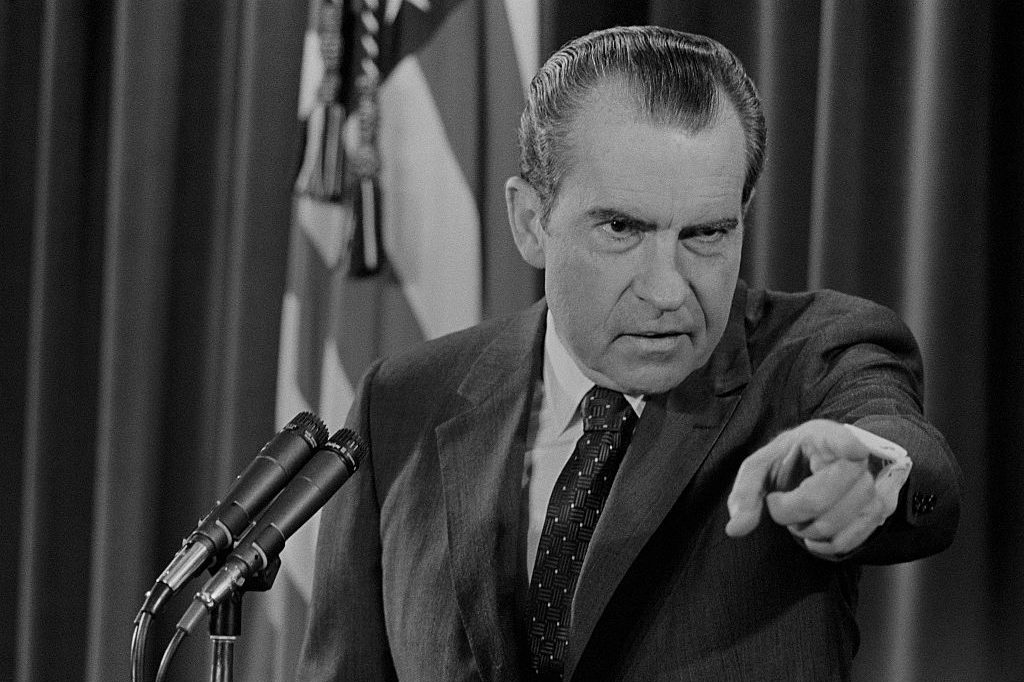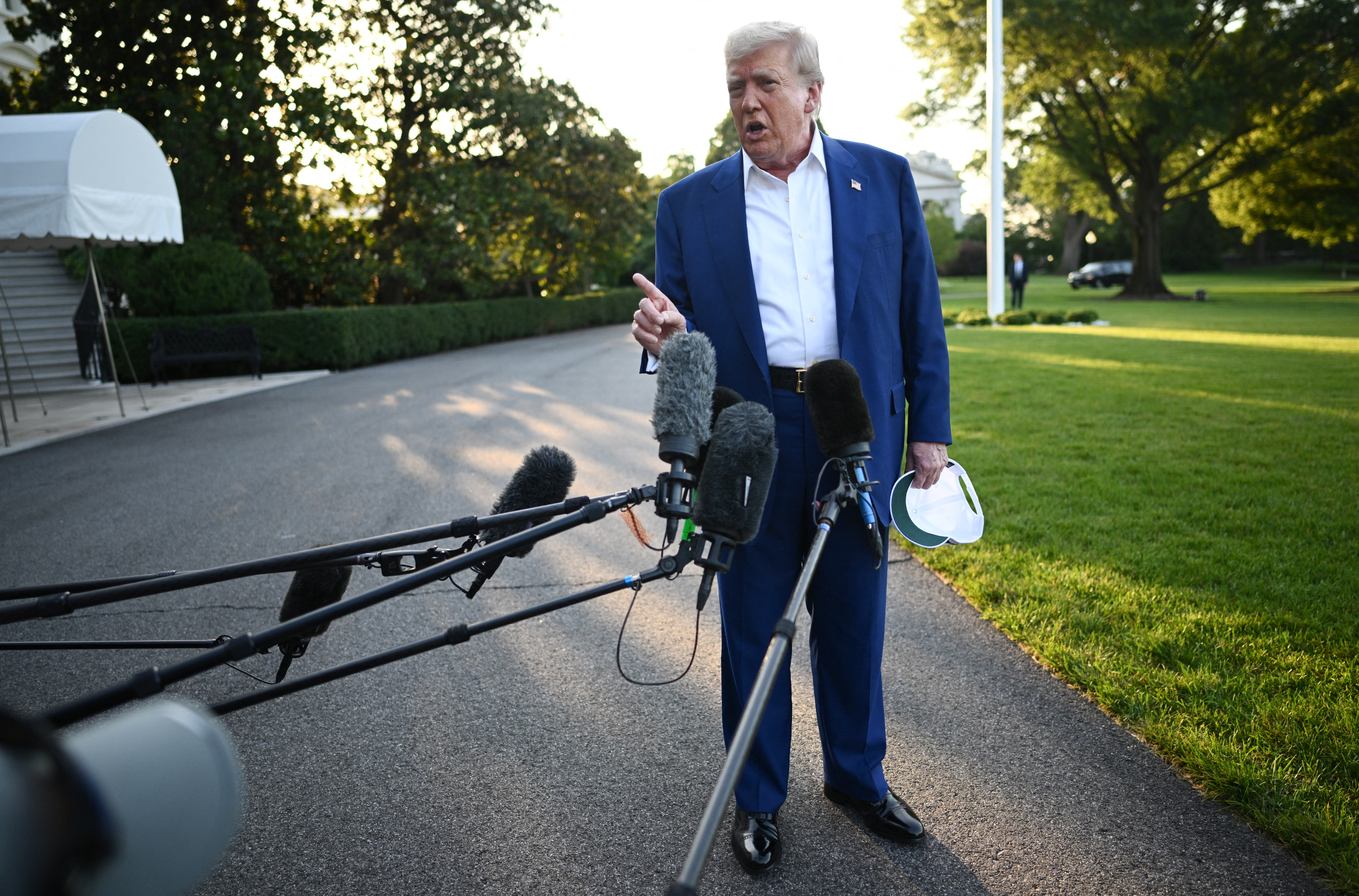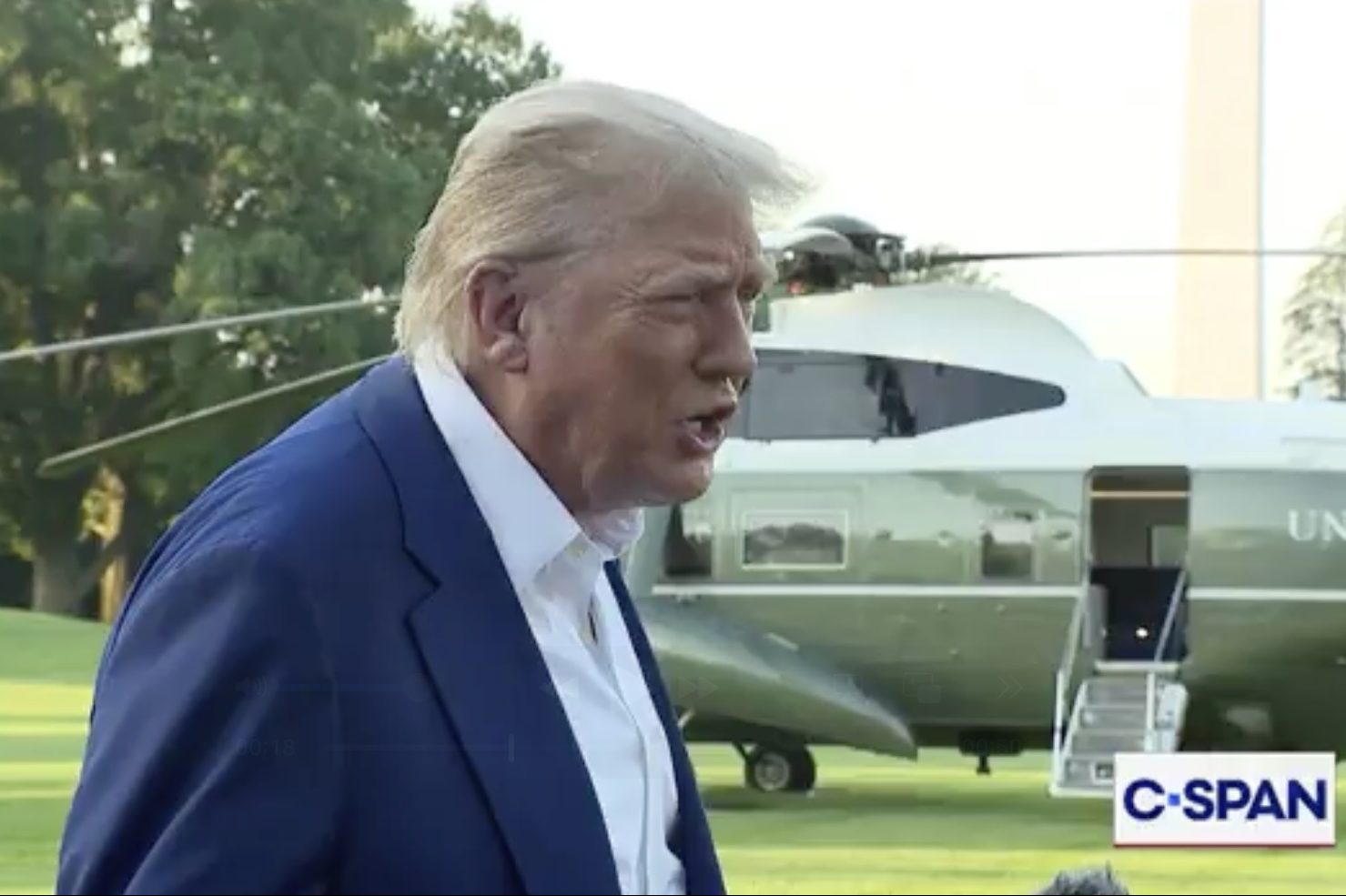Shortly before his trip to Europe and the NATO summit in Lithuania, President Biden told CNN that he does not think Ukraine has an easy path to NATO membership. “I don’t think it [Ukraine] is ready for NATO,” he said to Fareed Zakaria. “I don’t think there is unanimity in NATO about whether or not to bring Ukraine into the NATO family now, at this moment, in the middle of the war.”
“I mean what I say,” Biden continued, “we are determined to commit [defend] every inch of territory that is NATO territory… If the war is going on, then we are all in a war.” That Ukraine would not join NATO in the middle of a war has generally been accepted due to the risks. Membership would come, albeit on a longer timeline, and after the war is over. The real question has always been how fast Ukraine could get into NATO post-war. “I think we have to lay out a path, a rational path,” Biden said, “for Ukraine to be able to qualify to get into NATO.”
What does qualify mean? Well, Biden is nitpicking: “I think it is premature to say, to call for a vote in now, because… there are other qualifications that need to be met, including democratization and some of those issues.” Ukraine still has problems, particularly on the corruption front, but it is making significant strides to fix them, and has shown, in blood, that it is committed to a democratic future. NATO also has a track record when it comes to admitting countries with corruption problems — when North Macedonia joined in 2020, it had a corruption score of 35/100 according to Transparency International; Ukraine in 2022 had a score of 33/100. Dalibor Roháč of the American Enterprise Institute notes, “as for the question of Ukraine’s political readiness, one only has to wonder how Salazar’s Portugal in 1949… or Turkey and Greece in 1952, the latter just three years removed from a brutal civil war,” made it into the alliance.
“The United States would be ready to provide,” Biden said, “while the process is going on, security à la the security we provide for Israel, providing the weaponry… the capacity to defend themselves if there is an agreement, if there is a ceasefire.” The US has tight security ties with Israel but no written security guarantee; an equally close arrangement with Ukraine should not wait until the war ends. Israel has the ability to acquire some of the highest quality US weapons available — at present Ukraine gets older or compromised equipment, and not much of it.
Cut through all of the fluff and Biden’s comments leave Ukraine in just as much of a bind as it has been for years. NATO membership still seems cloudy — at least as far as the president is concerned — and while some consolation could have come by giving Kyiv access to weapons like Israel before the war ends, that is also seemingly off the table.
As former Ukrainian defense minister Andriy Zagorodnyuk observed, Ukraine is basically already part of the alliance insofar as military cooperation (and, increasingly, equipment standardization) goes. The NATO summit in Vilnius could get Ukraine on the road — as Roháč puts it, “a clear, believable commitment” — to officially joining NATO upon war’s end (be it by treaty or ceasefire). That, in turn, would demonstrate to Putin that the West’s resolve is long-term and concrete. That message would hasten the end of the war on Ukraine’s terms.



